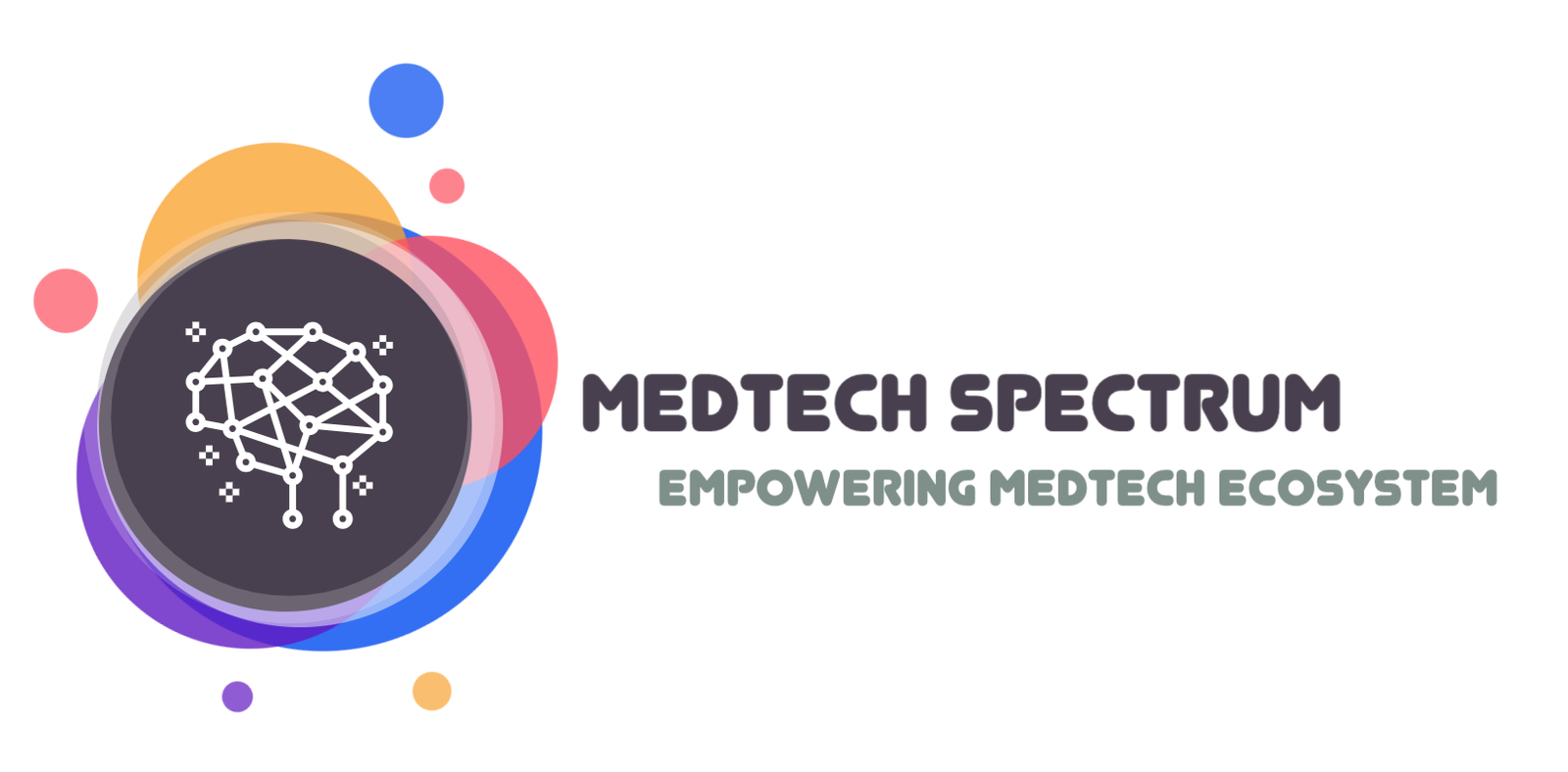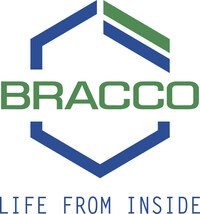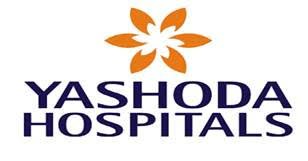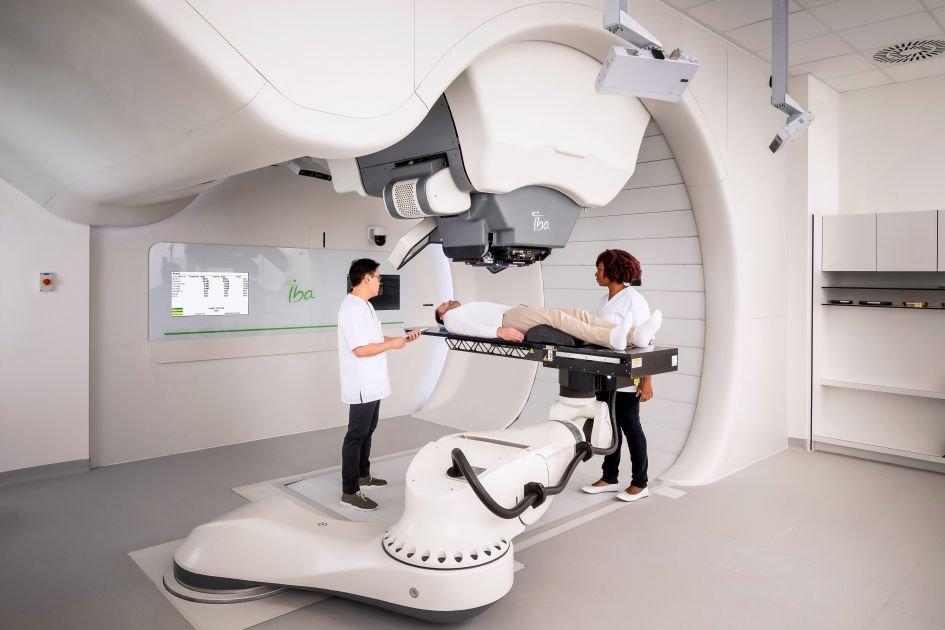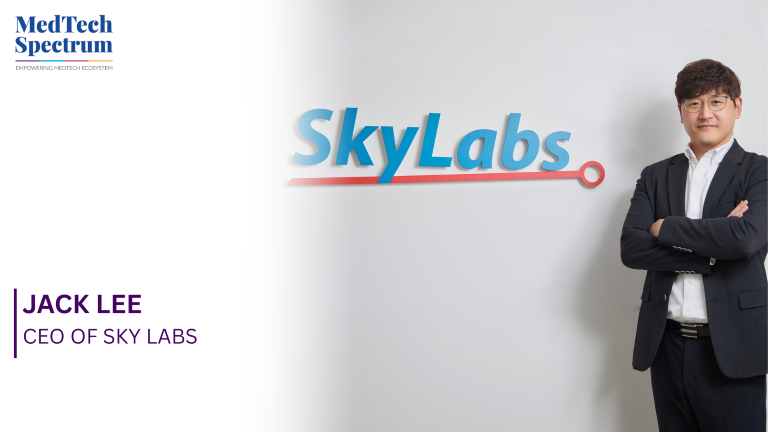On Glioblastoma Awareness Day, the Glioblastoma Foundation announced the launch of Gliolab, the first CLIA-certified genomic testing laboratory dedicated exclusively to glioblastoma—one of the most aggressive and deadly forms of brain cancer. This milestone marks a significant shift in how glioblastoma is diagnosed and treated, moving away from generalized treatment approaches toward precision medicine tailored to each patient’s tumor biology. Gliolab offers three cutting-edge genomic tests that together provide a comprehensive molecular profile, empowering clinicians to create individualized treatment plans, match patients with relevant clinical trials, and explore novel therapeutic avenues. By making these tools widely accessible, the Foundation aims to transform the standard of care for glioblastoma patients.
What makes Gliolab truly groundbreaking is its bold and inclusive payment model, created in response to a troubling statistic: in 2024, 77% of cancer genomic testing claims were denied by private insurers. To address this, the Foundation has committed to providing equitable access to testing for all patients, regardless of insurance status. Under its three-tiered policy, patients with no insurance will receive testing for free through philanthropic funding, while those with Medicare or private insurance will only be responsible for a co-pay—the Foundation will absorb all other costs. This approach removes financial barriers that have long prevented glioblastoma patients from accessing crucial molecular insights, reinforcing the Foundation’s belief that personalized cancer care is a necessity, not a privilege.
The three tests offered by Gliolab include: Whole Genome DNA Methylation Profiling using the Epignostix Classifier for accurate tumor classification and copy number alteration analysis; Comprehensive Genomic Profiling via PGDx Elio™ Tissue Complete to detect over 500 gene alterations, including mutations, MSI, and TMB; and Gene Fusion Testing with the Archer FusionPlex™ RNA panel to uncover actionable fusions and splicing variants. Together, these tests offer clinicians a detailed blueprint of the tumor, guiding more effective and personalized treatment decisions. As Gliolab expands, it holds the potential to not only improve clinical outcomes but also drive research innovation and accelerate the development of targeted therapies—offering real hope to thousands of patients and families impacted by glioblastoma worldwide.
